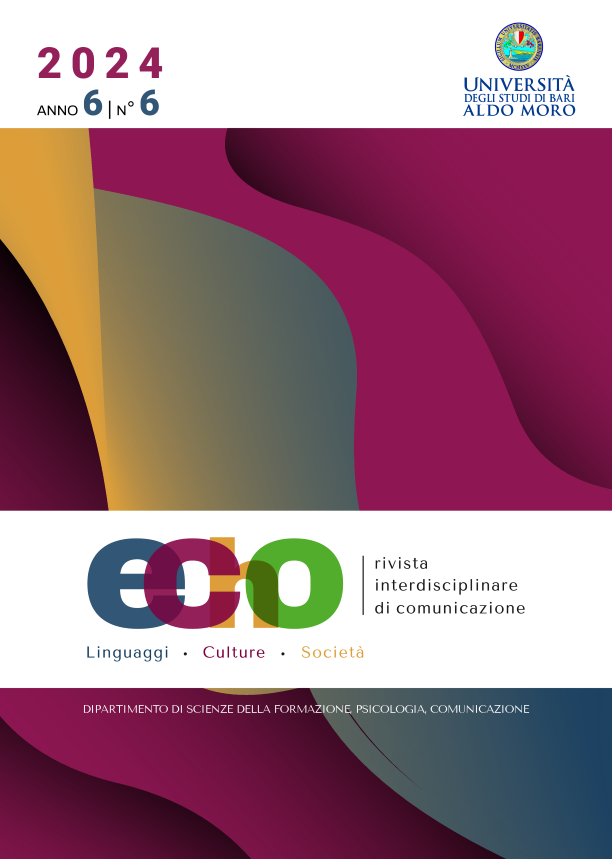LA MORTE È SOLO L’INIZIO. L’ALDILÀ NELLE SERIE TV: THE TWILIGHT ZONE E THE GOOD PLACE
DOI:
https://doi.org/10.15162/2704-8659/2078Parole chiave:
TV series, Afterlife, Comedy, Science fiction, NarrativeAbstract
Two serial narratives, fifty years apart, address the afterlife in a philosophical way to reflect on earthly existence. The protagonist of A Nice Place to Visit and the four protagonists of The Good Place die young, and their stories take place entirely in the afterlife, as they gradually come to realize that what seems like paradise is actually hell (though in both cases, there are no religious connotations).
A Nice Place to Visit is the twenty-eighth episode of the first season of the seminal science fiction series The Twilight Zone (1959-1964); aired in 1960, the episode follows the thief Henry Francis “Rocky” Valentine, who is killed during a robbery and wakes up in a world where all his wishes are granted, only to discover that this is his punishment. The title refers to the expression “it’s a nice place to visit, but I wouldn’t want to live there”.
The Good Place (2016-2020) is a TV series created by prolific showrunner Michael Schur. Its four protagonists meet in the afterlife, in what they believe to be “the good place,” an idyllic setting that turns out to be a sophisticated psychological torture mechanism devised by the demon Michael, played by Ted Danson.
The theme explored in the The Twilight Zone episode, akin to a philosophical novella, is further developed over the four seasons of The Good Place, where the characters are tortured through moral dilemmas and their interactions with one another. These two narratives exemplify different models of television seriality, belonging to distinct “eras” of audiovisual media – from the network era (1950s-1980s) to the current digital age – demonstrating an evolution similar to that theorized by the Russian Formalists, from the short story to the novel. At the same time, the depiction of the afterlife in both narratives reflects different moral conceptions fifty years apart: the Manichaean simplicity of The Twilight Zone episode, on one hand, and the complexity of contemporary morality in The Good Place, on the other.








